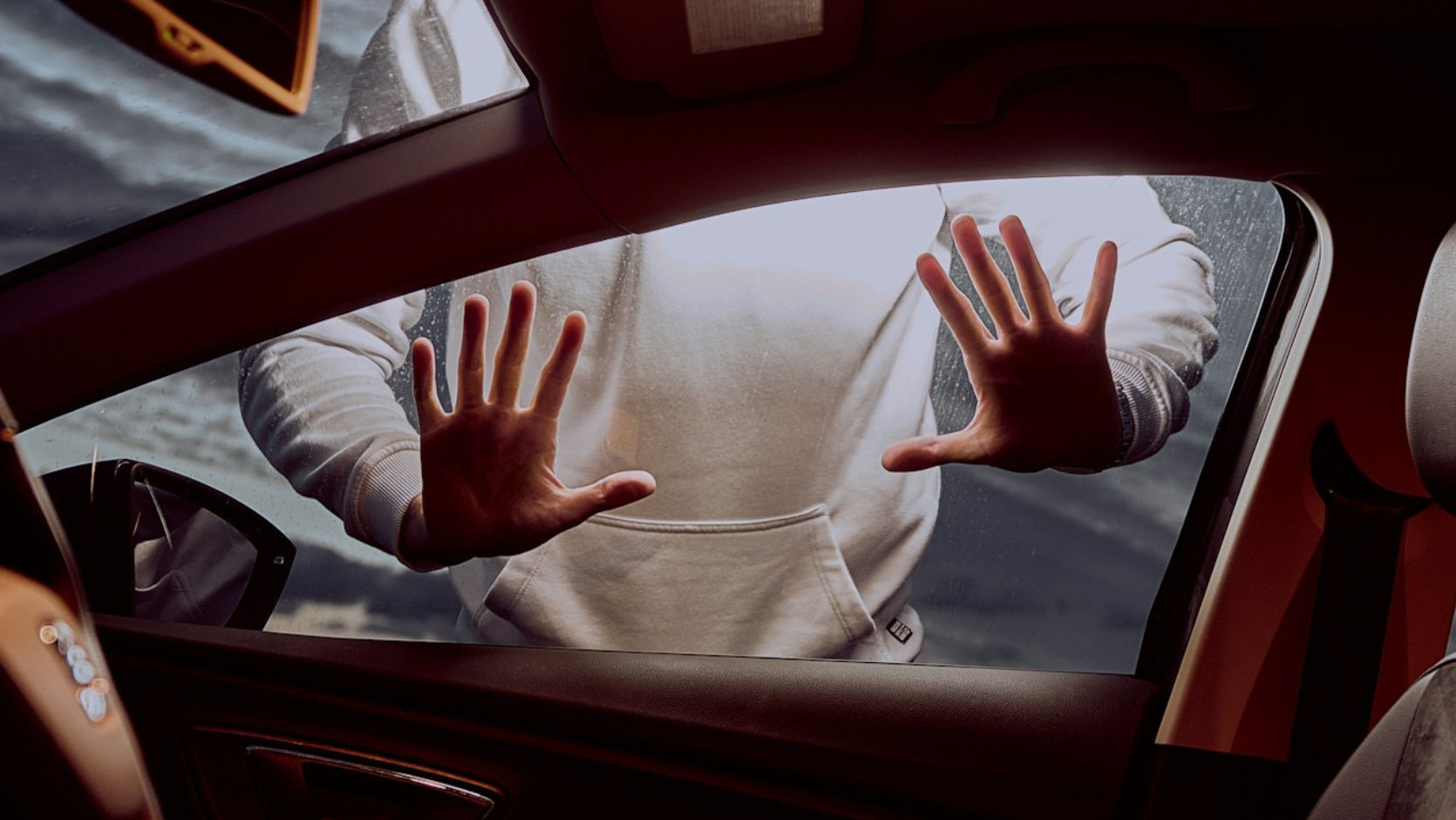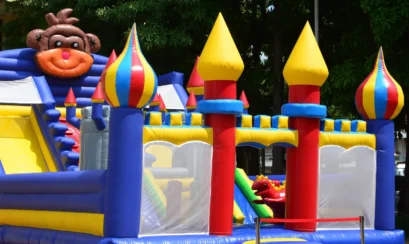In April 2024 the first person was charged under the new “post and boast” law in NSW, following its announcement in March 2024. The law makes it a crime to boast about committing a crime by filming the act and posting the video on social media.
New tough youth crime laws for “post and boast” activities
Earlier this year, police said they charged three teenagers aged 15, 17 and 18 with stealing three luxury cars in Dural, north-west of Sydney. The 15-year-old and 18-year-old were also charged with breaching the new section 154K of the Crimes Act 1900, which adds up to two extra years in jail for people who are convicted of a motor vehicle offence and who then “advertise their involvement in the criminal behaviour” on social media. This is also known as “performance crime”.
Parliament passed the new law in April 2024, after the government argued that people who post photos and videos of their crimes on social media are retraumatising victims and encouraging others to commit similar crimes.
NSW Attorney General Michael Daley said the posts turned the crimes into a warped kind of entertainment. (Please see New bail and performance crime laws passed to prevent youth crime, 22 March 2024.)
The law will be reviewed after two years to see how effective it has been.
Posting one’s criminal activity on social media certainly isn’t the smartest thing to do, as it has helped police identify the perpetrators, and now it can also add two years to the sentence for vehicle theft.
New laws also make it harder for young people to get bail
The extra penalty for “post and boast” crime also applies to break-and-enter crimes. It was introduced at the same time as new laws making it harder for young people to get bail.
Changes to the Bail Act 2013 include a temporary additional bail test for youngsters aged between 14 and 18 who are charged with serious break-and-enter offences or vehicle theft.
Under the previous law, a magistrate could only deny bail if they believed a young person presented an “unacceptable risk” of reoffending.
Under the new law, before granting bail, a bail authority such as the police, a magistrate or a judge need to have a “high degree of confidence” the young person will not commit a further serious indictable offence while on bail.
This tougher bail condition for young people lasts for 12 months and will be monitored to see if it reduces the rate of young people reoffending while on bail.
Programs to divert youth away from crime
A range of programs were also announced to support young people in regional areas, in an effort to divert them away from committing crimes. (Please see NSW Government takes action to make communities safer and support young people in regions, 12 March 2024.)
It remains to be seen whether locking up more young people for crimes will help stem the current surge in youth crime, especially in regional areas.
The Bureau of Crime Statistics and Research says break and enter offences in Moree between 2022 and 2023 were 840 per cent higher than the state average. Motor vehicle theft was 680 per cent higher. (Please see Crime in Regional and Rural NSW 2023: Trends and Patterns, NSW Bureau of Crime Statistics and Research, March 2024.)
A further tightening of conditions for granting bail is expected for those on domestic violence charges, following revelations of murders and other violence committed while on bail.














